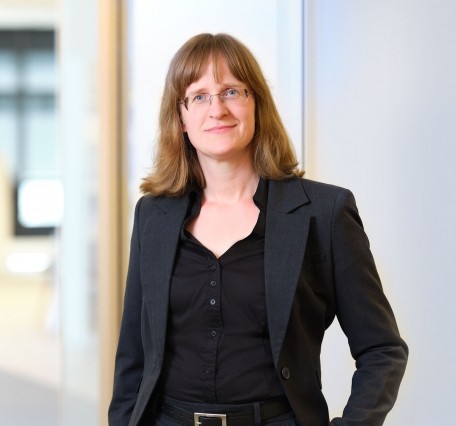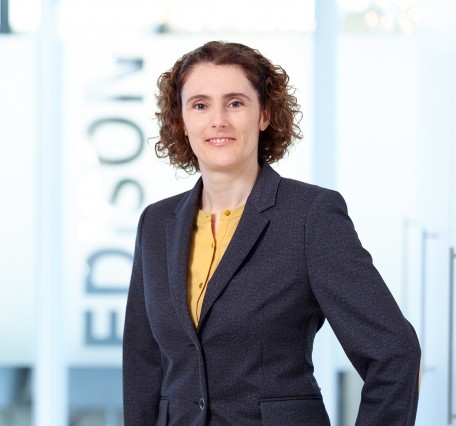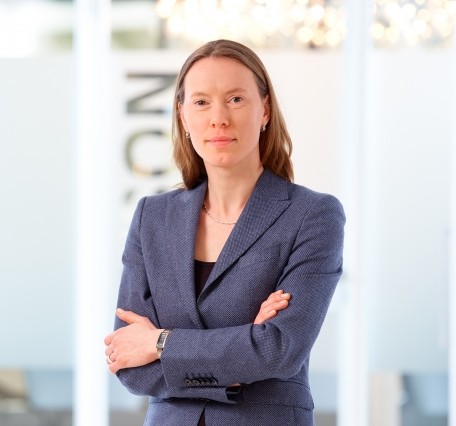

No double patenting if subject matter is not the same
Background
European patent application No. 12 181 385 is a divisional application of parent European application No. 06 803 439, for which a patent has been granted, EP 1 935 007 B1.
Said European patent application was refused by the examining division under Art. 97(2) EPC. The reasons were that the claims of the main request lacked clarity (Art. 84 EPC) and that the subject-matter of claims 1 and 11 of the main request and claims 1 and 9 of the auxiliary request lacked inventive step (Art. 56 EPC).
The Applicant (A) appealed the decision, requesting that a patent be granted based on a main request or any one of a first to sixth auxiliary requests. The main request and the first to third auxiliary requests were filed with the grounds of appeal and the fourth to sixth auxiliary requests were filed after notification of summons to attend oral proceedings issued by the Board of Appeal (the Board).
Other Case Law
The Board referred to and relied on the headnotes of enlarged board of appeal decision G 4/19. In particular, the Board relied on the fact that G 4/19 did not deal with the question of what is to be understood with “the same subject-matter”, since this was not part of the referred questions of G 4/19.
Claim Requests
The main request and the second auxiliary request filed during Appeal were identical to the main request and the auxiliary request of the underlying decision, respectively.
The first and third to sixth auxiliary requests represented various further amendments to their respective higher-ranking requests.
The main request and the first to fourth auxiliary requests were all considered by the Board as not meeting one or more requirements of the EPC (extension of subject matter (Art. 76(1) EPC), lack of clarity (Art. 84 EPC), lack of inventive step (Art. 56 EPC)).
The fifth auxiliary request was considered by the Board as meeting the requirements of Art. 76(1) EPC as well as of clarity (Art. 84 EPC) and inventive step (Art. 56 EPC). Claim 1 of the fifth auxiliary request corresponded to claim 1 of the granted parent application, except for some differences as to wording, and with the additional subject matter of “separating the epitaxial layer from the carrier substrate”. This additional feature was defined in dependent claim 2 of the granted parent application. The fifth auxiliary request, filed after notification of the summons to attend oral proceedings, was admitted into the proceedings since it overcomes all objections raised by the Board in its communication under Art. 15(1) RPBA 2020, wherein the Board set out their opinion relating to the requests on file, and overcomes the objections raised by the examining division in the appealed decision.
Double patenting
In its examination in respect of double patenting, the board relied on G4/19. According to the headnotes of G4/19, a European patent application can be refused under Art. 97(2) and 125 EPC if it claims the same subject-matter as a European patent which has been granted to the same applicant and does not form part of the state of the art pursuant to Art. 54(2) and (3) EPC. The application can be refused on that legal basis, irrespective of whether it:
- a) was filed on the same date as, or
- b) is an earlier application or a divisional application (Art. 76(1) EPC) in respect of, or
- c) claims the same priority as the European patent application leading to the European patent already granted.
The board also noted that the definition of “the same subject-matter” was not subject of the referral and decision G 4/19.
Claim 1 of the fifth auxiliary request differed from claim 1 of the granted parent application by the inclusion of “separating the epitaxial layer from the carrier substrate”.
Therefore, the Board concluded, independent claim 1 of the fifth auxiliary request was different from independent claim 1 of the granted parent application. Thus, it did not define the same subject-matter, and there was no prohibition of double patenting. The Board stated that this is not precluded by the fact that claim 1 of the fifth auxiliary request corresponded to dependent claim 2 of the granted parent application.
Decision of the Board (of Appeal)
The Board decided that the decision to refuse should be set aside, and remitted the case back to the Examining Division with the order to grant a patent based on the fifth auxiliary request.
Summary written by the NLO EPO Case Law Team








